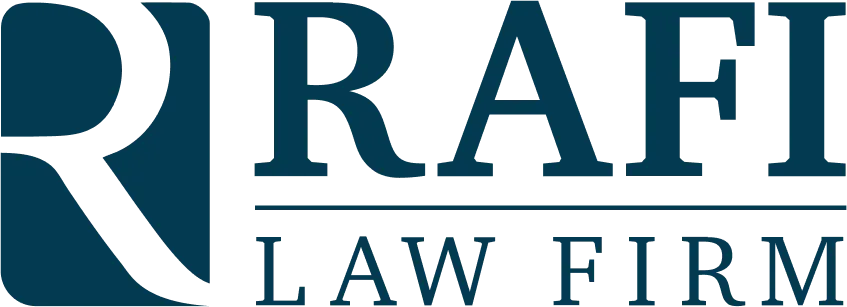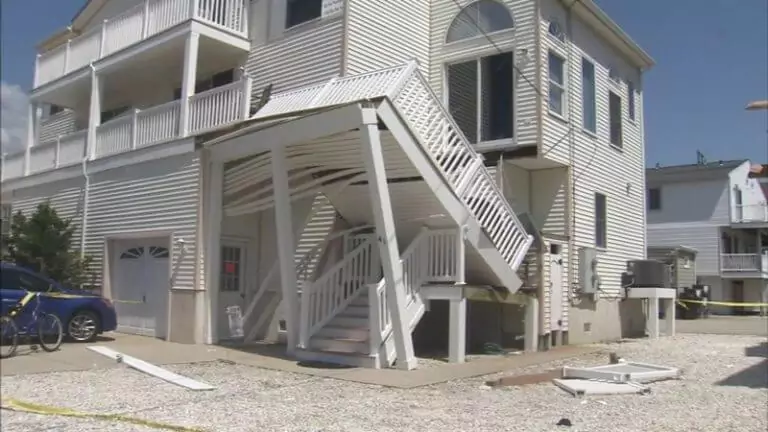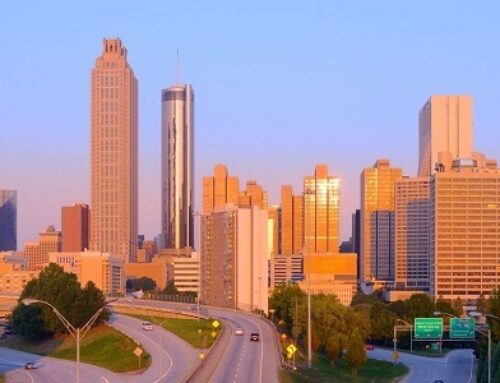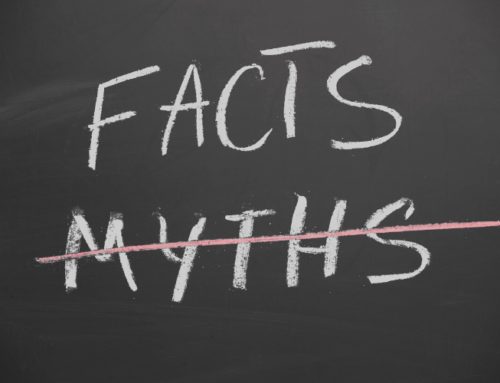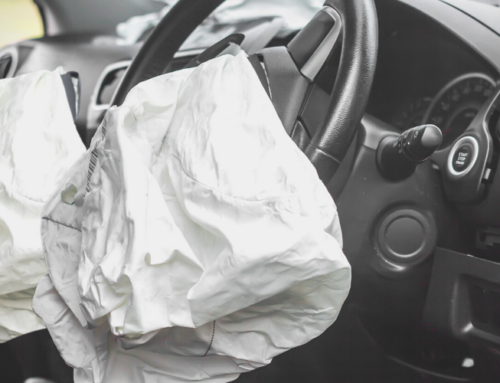According to a study by Legacy Services LLC, thousands of people are injured every year by faulty decks and railings. To many people, the most obvious party responsible for this type of accident is the company that built the deck or railing – and it’s true builders can be held responsible for injuries stemming from their negligence. However, in Georgia, people who are injured in a deck or railing collapse may also have a claim against the property owner, landlord, and/or business.
Property owners have a duty to care for the safety of people who use their property. Whether the injured person had a right to be on the property affects what duty the property owner owes. The highest duty is owed to people with “invitee” status. Property owners and occupiers (for example, a business that rents space from the property owner) are required to protect invitees from unreasonable risk of harm when the owner/occupier has “superior knowledge” of the risk. “Superior knowledge” is exactly what it sounds like: It means the owner/occupier knew about the risky deck or railing and the injured person did not, or that the owner/occupier knew just how risky the defect in the deck or railing was while the injured person thought it was a less dangerous issue.
Fortunately, owners/occupiers cannot avoid responsibility simply by burying their heads in the sand so they never have knowledge of the risks on their property. If a reasonable inspection of the deck or railing would have shown the problem that caused the collapse, the owner/occupier can be held liable. Similarly, if the deck or railing had not been inspected by a competent inspector for an extended period of time, then the owner/occupier can be held liable for failing to conduct the inspection.
Much of the litigation regarding deck and railing collapses is focused on building codes. Violations of building codes can be used to show an owner/occupier’s superior knowledge of a dangerous condition.
As we mentioned above, the “status” of the injured person determines what duties the owner/occupier owes to them. The status of the injured person sometimes determines whether they can recover at all. Georgia has a set of laws called the Recreational Property Act. The Recreational Property Act limits the liability of owners who allow people to use their property free of charge. One example is a pumpkin farmer who allows families onto his or her property to allow them to take family photos. Under the Recreational Property Act, the farmer would owe the families no duty of care to keep the farm safe or to warn the families of unsafe conditions. The law would only punish the farmer if he or she willfully or maliciously failed to guard or warn against a dangerous condition. This analysis is done person by person. If the family’s adults were charged to go onto the farm but the children were allowed to enter for free, the children could not recover from the farmer if they were injured when a deck or railing collapsed, but the adults could since they paid.
Some complicated legal issues are involved in claims and lawsuits against owners/occupiers for deck and railing collapses. If you’re injured in one of these accidents, you need a lawyer who knows how to show: your “status” and the duties owed to you by the defendant, the defendant’s “superior knowledge” of the risks, proper inspection procedures, and proper construction and building code compliance. The attorneys at Rafi Law Firm are experienced litigators who know how to prove each and every legal element required to recover for a deck or railing collapse. Call them at (404) 800-9933 or click here if you’ve been injured.
